Hallucinogens: Understanding Psychedelics, Addiction, and Recovery
Welcome to Mountain’s Edge Recovery, a trusted resource for individuals and families seeking information and support for substance abuse and addiction issues. In this article, we will explore the world of hallucinogens, including what they are, their effects on the brain, their role in substance abuse, causes and risk factors, the DSM-5 criteria for hallucinogen addiction, side effects of hallucinogen addiction, withdrawal symptoms, and available treatment options.
What Are Hallucinogens?
Hallucinogens are a class of drugs that alter perception, mood, and various cognitive processes. These substances can produce vivid sensory experiences, distort reality, and lead to hallucinations. Common hallucinogens include LSD (acid), psilocybin (magic mushrooms), DMT (ayahuasca), and mescaline (peyote).
Effects of Hallucinogens on the Brain
Understanding how hallucinogens affect the brain is crucial:
- Altered Perception: Hallucinogens primarily affect serotonin receptors in the brain, leading to altered perception, sensory distortions, and hallucinations.
- Enhanced Mood: Some hallucinogens can induce intense euphoria and positive mood changes.
- Risk of Psychological Dependence: Although hallucinogens are typically not associated with physical dependence, they can lead to psychological dependence when used regularly to escape reality.
Hallucinogens and Substance Abuse
Hallucinogens’ ability to induce altered states of consciousness and produce intense experiences can make them susceptible to misuse and addiction:
- Seeking Escapism: Some individuals misuse hallucinogens as a form of escapism or self-medication to cope with emotional distress.
- Risk of Flashbacks: Prolonged or heavy use of hallucinogens can lead to persistent flashbacks, which are spontaneous and unpredictable re-experiences of hallucinogenic effects.
- Variable Effects: The unpredictable nature of hallucinogens can lead to dangerous situations and an increased risk of accidents.
Causes and Risk Factors
Several factors contribute to the development of hallucinogen addiction or misuse:
- Psychological Vulnerability: Individuals with a history of mental health issues or trauma may be more likely to misuse hallucinogens.
- Peer Pressure: Social and peer influence can encourage experimentation with hallucinogens.
- Sensation-Seeking Behavior: A propensity for sensation-seeking and risk-taking behavior may increase the likelihood of hallucinogen misuse.
DSM-5 Criteria for Hallucinogen Use Disorder
The Diagnostic and Statistical Manual of Mental Disorders (DSM-5) outlines criteria for diagnosing Hallucinogen Use Disorder. A diagnosis may be made if an individual meets at least two of the following criteria within a 12-month period:
- Taking hallucinogens in larger amounts or for longer periods than intended.
- Unsuccessful attempts to cut down or control hallucinogen use.
- Spending a significant amount of time obtaining, using, or recovering from the effects of hallucinogens.
- Craving or a strong desire to use hallucinogens.
- Failure to fulfill major role obligations at work, school, or home due to hallucinogen use.
- Continued hallucinogen use despite social or interpersonal problems caused or exacerbated by its effects.
- Giving up or reducing important social, occupational, or recreational activities because of hallucinogen use.
- Using hallucinogens in situations where it is physically hazardous.
- Continued hallucinogen use despite knowing it is causing or worsening a physical or psychological problem.
- Tolerance, as defined by needing more hallucinogens to achieve the desired effect or experiencing reduced effects when using the same amount.
- **Withdrawal symptoms when not using hallucinogens.
Side Effects of Hallucinogen Addiction
Hallucinogen addiction can lead to various detrimental side effects, including:
- Psychological Disturbances: Users may experience anxiety, paranoia, or hallucinogen persisting perception disorder (HPPD), which involves recurrent hallucinogenic experiences.
- Impaired Reality Testing: Hallucinogen misuse can lead to difficulties in distinguishing between hallucinations and reality.
- Dangerous Behavior: Individuals under the influence of hallucinogens may engage in risky or dangerous behaviors due to impaired judgment.
- Psychological Dependency: Users may become psychologically dependent on the hallucinogenic experience, leading to regular use.
Withdrawal Symptoms
When individuals with hallucinogen addiction attempt to quit or reduce their use, they may experience withdrawal symptoms, which can be challenging to endure. These symptoms may include:
- Cravings for hallucinogens
- Mood disturbances (e.g., anxiety, depression)
- Flashbacks and visual disturbances
- Sleep disturbances and nightmares
Treatment for Hallucinogen Use Disorder
Mountain’s Edge Recovery offers comprehensive, evidence-based treatment for individuals struggling with hallucinogen addiction or misuse. Our programs address the physical, psychological, and social aspects of addiction and recovery.
Our treatment options may include:
- Counseling and Therapy: Individual and group therapy to explore the underlying causes of addiction and develop coping strategies.
- Holistic Approaches: Incorporating mindfulness, art therapy, and meditation into treatment plans to promote self-awareness and emotional healing.
- Medically Supervised Detox: For individuals experiencing severe psychological distress or flashbacks, medically supervised detoxification may be necessary to provide a safe and supportive environment.
- Aftercare and Support: Ongoing support and relapse prevention strategies to promote long-term recovery.
If you or a loved one is struggling with hallucinogen addiction or misuse, please reach out to Mountain’s Edge Recovery. We are here to provide guidance and support on your journey to recovery, offering hope and a brighter future. Contact us today to take the first step toward a healthier, addiction-free life.

